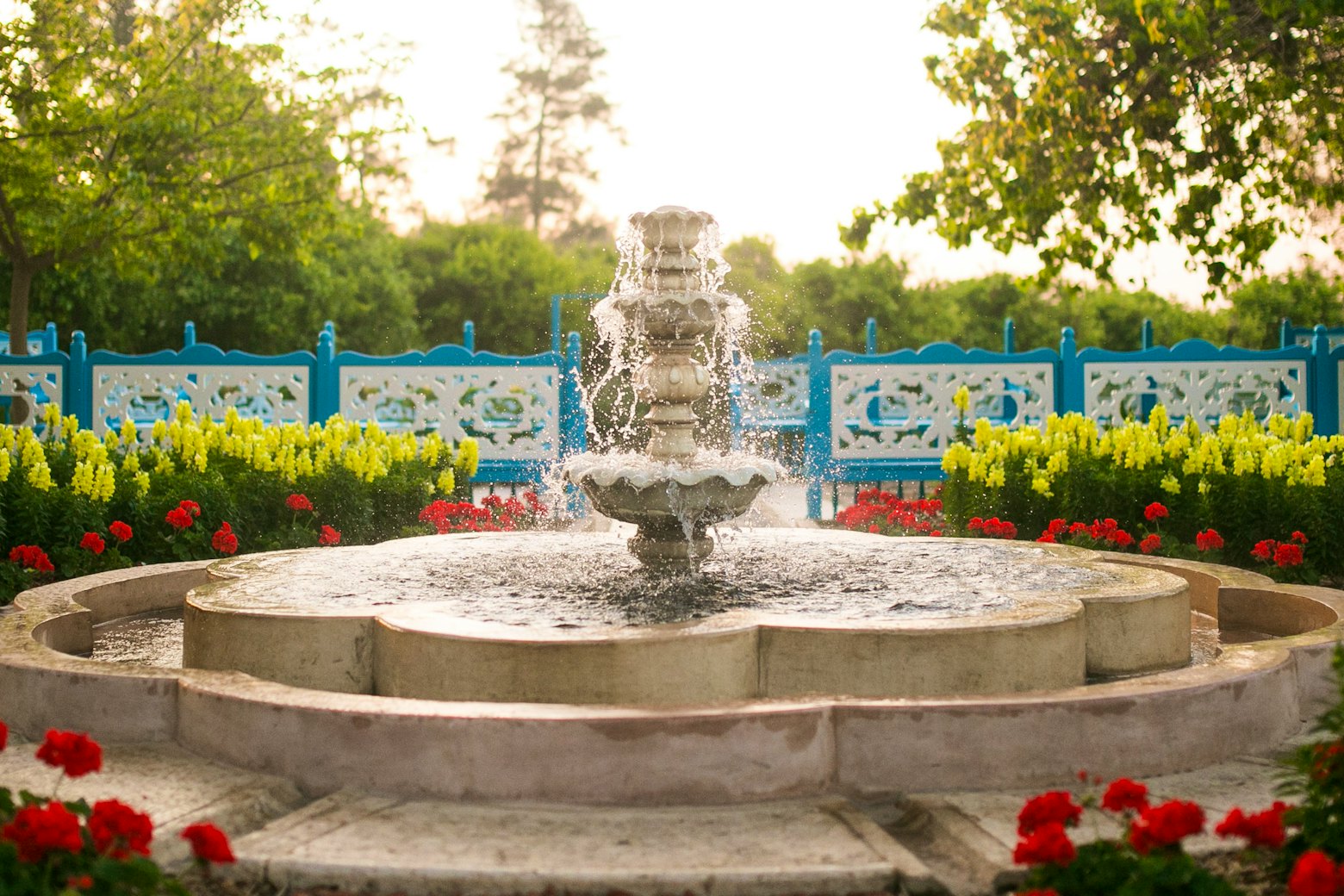Religion Renewed
The great religious systems that have guided humanity over thousands of years can be regarded in essence as one unfolding religion that has been renewed from age to age, evolving as humanity has moved from one stage of collective development to another. Religion is a system of knowledge and practice that has, together with science, propelled civilization throughout history.
Religion today cannot be exactly what it was in a previous era. Much of what is regarded as religion in the contemporary world must, Bahá’ís believe, be re-examined in light of the fundamental truths Bahá’u’lláh has posited: the oneness of God, the oneness of religion, and the oneness of the human family.
Note thou carefully that in this world of being, all things must ever be made new. Look at the material world about thee, see how it hath now been renewed. The thoughts have changed, the ways of life have been revised, the sciences and arts show a new vigour, discoveries and inventions are new, perceptions are new. How then could such a vital power as religion—the guarantor of mankind’s great advances, the very means of attaining everlasting life, the fosterer of infinite excellence, the light of both worlds—not be made new?
(‘Abdu’l-Bahá, Selections from the Writings of ‘Abdu’l-Bahá, p. 56)
Bahá’u’lláh set an uncompromising standard: if religion becomes a source of separation, estrangement, or disagreement—much less violence and terror—it is best to do without it. The test of true religion is its fruits. Religion should demonstrably uplift humanity, create unity, forge good character, promote the search for truth, liberate human conscience, advance social justice, and promote the betterment of the world. True religion provides the moral foundations to harmonize relationships among individuals, communities, and institutions across diverse and complex social settings. It fosters an upright character, instils forbearance, compassion, forgiveness, magnanimity, and high-mindedness. It prohibits harm to others and invites souls to give of themselves for the good of others. It imparts a world-embracing vision and cleanses the heart from self-centeredness and prejudice. It inspires souls to endeavour for material and spiritual betterment for all, to see their own happiness in that of others, to advance learning and science, to be an instrument of true joy, and to revive the body of humankind.
Religion acknowledges that truth is one, which is why it must be in harmony with science. When understood as complementary, science and religion provide people with powerful means to gain new and wondrous insights into reality and to shape the world around them, and each system benefits from an appropriate degree of influence from the other. Science, when devoid of the perspective of religion, can become vulnerable to dogmatic materialism. Religion when devoid of science falls prey to superstition and blind imitation of the past. The Bahá’í teachings state:
Put all your beliefs into harmony with science; there can be no opposition, for truth is one. When religion, shorn of its superstitions, traditions, and unintelligent dogmas, shows its conformity with science, then will there be a great unifying, cleansing force in the world which will sweep before it all wars, disagreements, discords and struggles—and then will mankind be united in the power of the Love of God.
(‘Abdu’l-Bahá, Paris Talks, p. 145)
True religion transforms the human heart and contributes to the transformation of society. It provides insights about humanity’s true nature and the principles upon which civilization can advance. At this critical juncture in human history, the foundational spiritual principle of our time is the oneness of humankind. This simple statement represents a profound truth that, once accepted, invalidates all past notions of the superiority of any one race or nationality. It is more than a mere call to mutual respect and feelings of goodwill between the diverse peoples of the world, important as these are. Carried to its logical conclusion, it implies an organic change in the very structure of society and in the relationships that sustain it.

